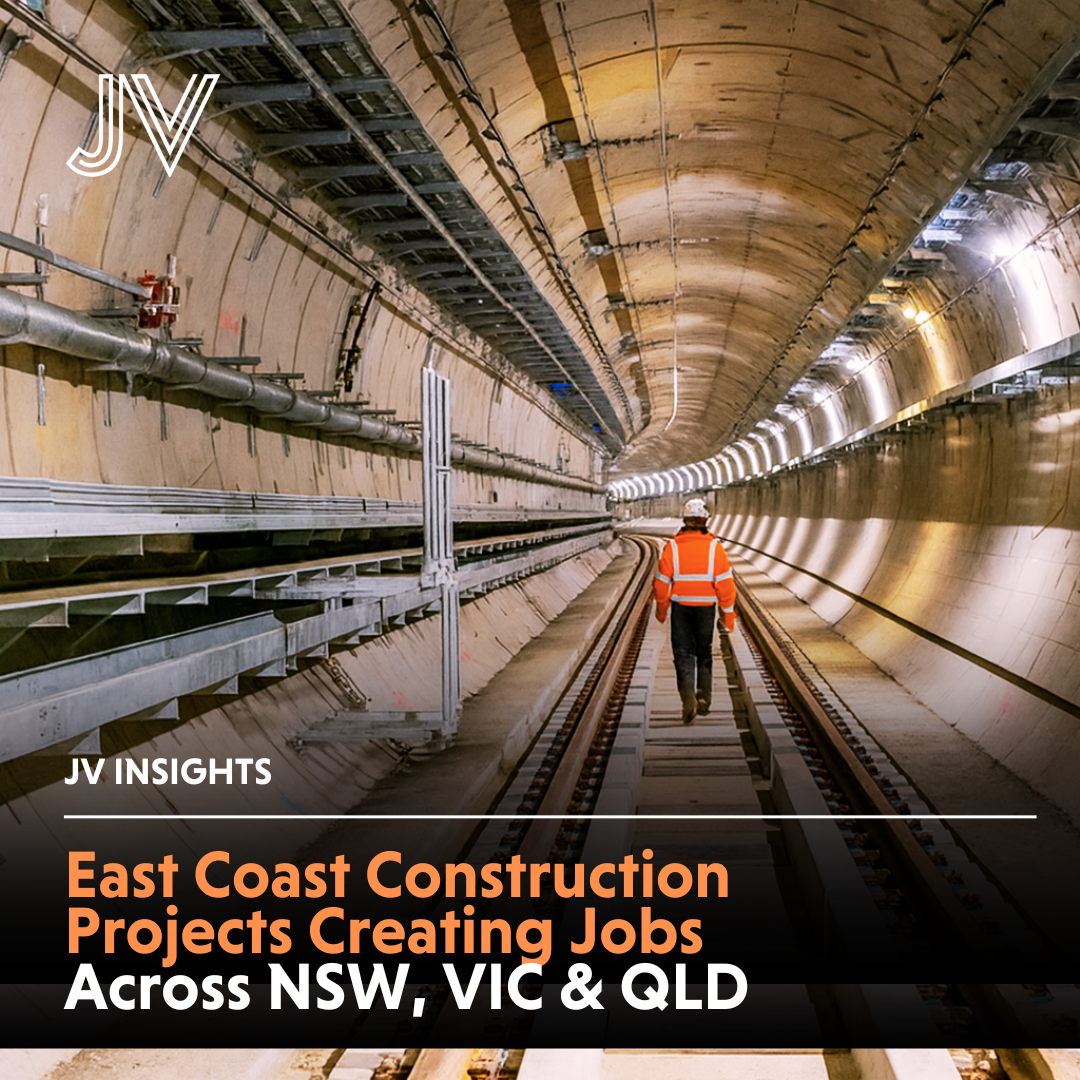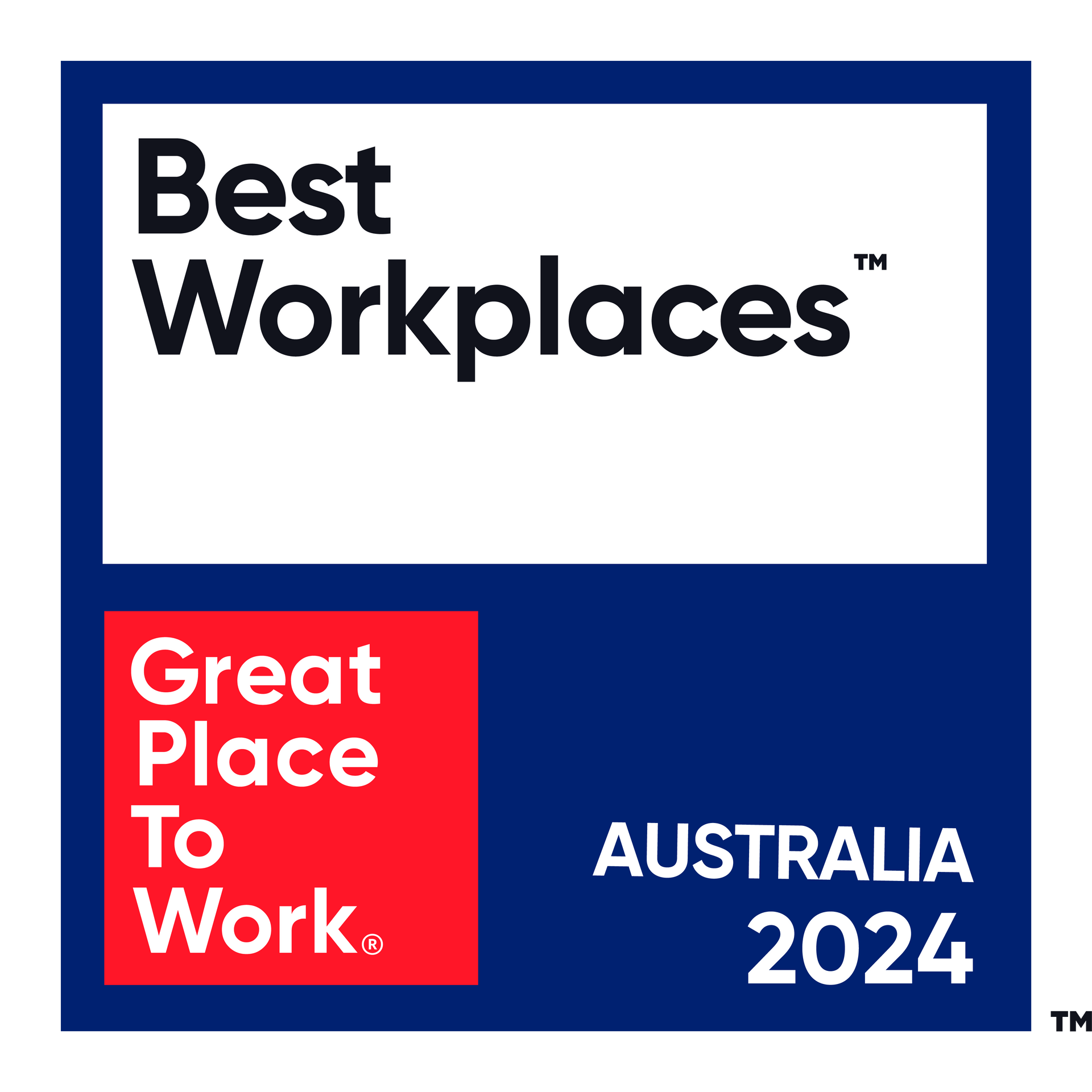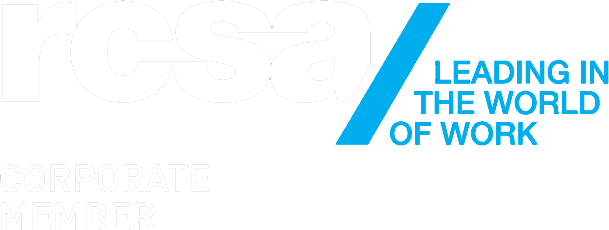Tips for Keeping Teams Happy and Productive
The skills shortage that has challenged employers in the built environment industries for years is showing no signs of easing, even in a softer economy. If anything, the construction industry’s skills shortage is getting worse.
It’s also fair to assume more workers will consider jumping ship for a pay rise, as the cost-of-living crisis adds pressure on household budgets.
In this climate, the importance of keeping your current workforce happy and productive cannot be understated. Investing in the well-being and development of your existing teams not only enhances their loyalty (and performance), it also contributes to an appealing workplace culture that attracts future talent. We’ll cover a few construction project management tips to keep your teams feeling productive – and willing to stay.
1. Foster Strong Communication
Just as a building needs a strong foundation, so too does a team – and the best ones are built on clear and open communication. The question ‘I am provided the information I need to do my job well’ is among those with the biggest influence on whether construction workers are likely to look for another job, according to CultureAmp research.
To support effective workplace communication, conduct regular team meetings and encourage feedback, ensuring that everyone feels comfortable to voice their thoughts. This allows you to act swiftly on any concerns your team members may have – or do more of what’s working well. It’s important that everyone’s contributions are valued, from the newest apprentice to the most seasoned foreman.
2. Emphasise Safety
Construction sites feature countless hazards, from high scaffolding to heavy machinery - and one wrong step can lead to a life-long injury (or worse). Construction professionals tend to value workplaces that take safety seriously, so it’s important to demonstrate your organisation’s commitment to safety to your teams.
Make sure you not only conduct regular training and reviews of safety procedures but also (building on our first point) encourage teams to raise any safety concerns they may have as soon as they arise, so they can be addressed. This creates a proactive, safety-first culture that not only safeguards your workforce but also reinforces their trust in management, leading to a more engaged and committed team.
3. Build a Mentally Healthy Work Environment
The importance of safety goes beyond the physical – it's equally crucial to foster an environment that supports mental health and inclusivity. On construction sites, mental wellbeing can often take a backseat - but it shouldn't. In Queensland, for example, a significant percentage (27.3%) of construction apprentices have experienced workplace bullying – a disturbing statistic that underlines the need for an attitude shift.
Creating a work environment that not only recognises but also actively addresses mental health issues and bullying is paramount. For actionable strategies to create a mentally healthy workplace, see here.
4. Regularly Review Pay
With a construction industry skills shortage and cost-of-living crisis, it’s fair to say employers cannot allow pay reviews to fall by the wayside. As BDO’s construction industry survey shows, the top cause of staff attrition is remuneration.
Ensuring your organisation is offering market-competitive pay rates and salaries is fundamental to retaining employees and attracting new people into the business. Conducting pay benchmarking exercises to compare internal pay levels with market rates can help your organisation gauge the right pay strategies for keeping and attracting talent.
5. Don’t Overlook Inclusivity & Diversity
Inclusivity is more than just a buzzword – one study found that inclusive teams are over 35% more productive. This concept extends beyond merely having a diverse team; it means actively creating an atmosphere where every individual, regardless of their background, feels valued and able to contribute their best work. For more, see here for our top tips on inclusivity for neurodiverse workers, and explore our blog on the importance of gender diversity in construction.
6. Promote Your Best Employees
Employees who get promoted have a 75% greater chance of staying at their company, and construction professionals who feel they have good career opportunities at work are more likely to stay put.
Providing opportunities for upskilling, training, and progression keeps teams engaged and cements their loyalty and dedication. Whether it’s a Construction Site Worker looking to become a Site Supervisor or simply wanting more responsibility in their current position, offering your workers the necessary support to advance in their careers is vital for creating a capable, confident, and committed team.
7. Enhance Work-Life Balance
According to a survey by Gartner, maintaining a healthy work-life balance is a top priority for many employees. This is especially the case in construction, where jobs can be physically and mentally demanding. Encouraging flexible schedules, respecting off-duty hours, and supporting mental health initiatives are just a few ways to ensure teams are not only productive at work, but also feel happy and fulfilled in their personal lives!
Partner with a Recruiter
In a landscape as competitive as the construction industry, partnering with a recruiter can be a game-changer. Recruiters with a solid background in assisting employers with hiring for construction project management have a deep understanding of the market and the needs of workers. Engaging with the right recruiter is an important asset to building skilled and motivated teams.
Here at JV Recruitment, we understand what top construction candidates are looking for. Whether you’re looking to improve staff retention in your organisation or find your next site supervisor across Brisbane, Geelong, Gold Coast, Melbourne and Sydney, our expert team would love to be of assistance. Get in touch here.








